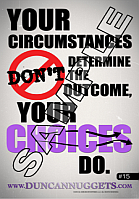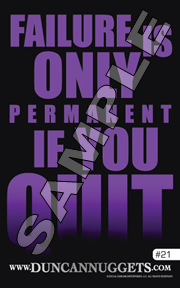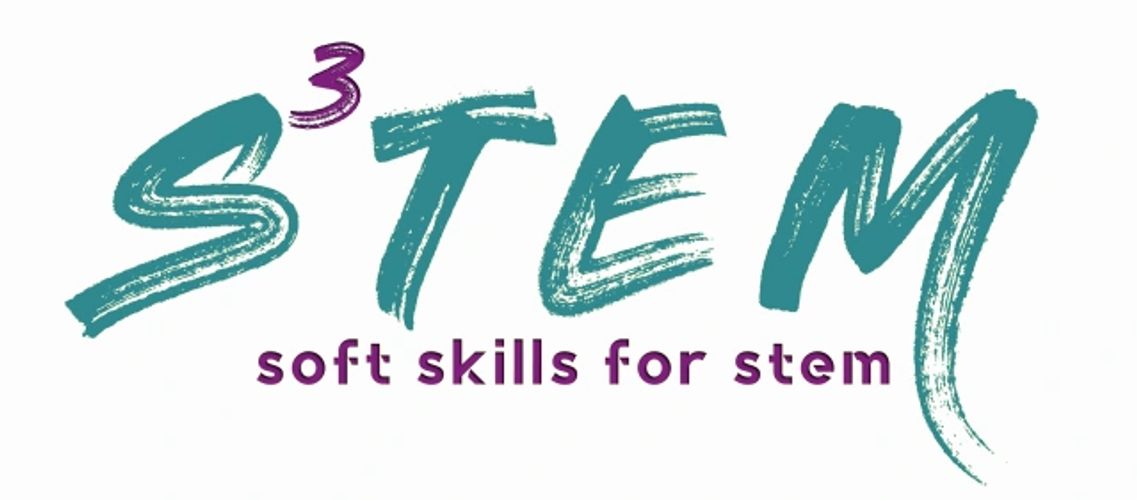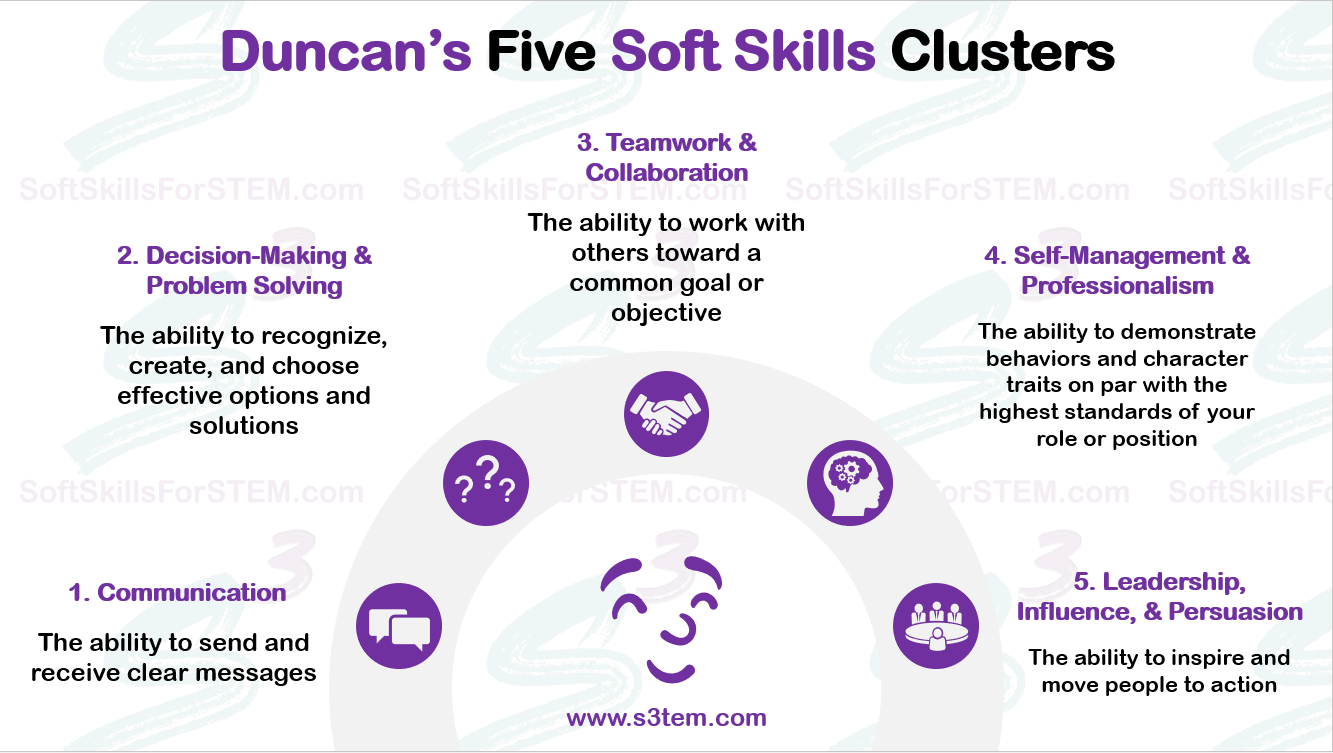The Soft Skills Success (S3) Plan

We have created a popular tool that helps early-to-mid career professionals identify and strengthen their soft skills. It’s called The S3 Plan (The Soft Skills Success Plan)
Regardless of your goals, one of the most crucial aspects of developing an effective plan to achieve your personal and professional goals is focusing on developing your soft skills and this free tool will help you with that process.
After you check out the excerpt below, you can download a free copy.
[Excerpt from the Soft Skills Success Plan]
Whether it is building a particular skill set or searching for keywords to put on a resume, when people are trying to figure out what soft skills they need to achieve their goals and objectives they often seek advice from their peers, parents, teachers, mentors, other professionals, or a combination of them all.
That’s a great idea because although 10% of your learning comes from education, 20% of your learning comes from others.
But did you know that 70% of learning occurs from skill-based and job-based activities? So, the real question is how do you find the soft skills that actual companies and organizations are looking for? It’s simple. And you probably already know this: you need to do a little bit of research.
QUICK & EASY RESEARCH PROJECT
Go do a quick online search for 5 to 7 job descriptions for positions you would be happy to have.
Write down all of the skills listed on the job descriptions. List the technical skills (i.e. programming, typing, creating spreadsheets, etc.) and soft skills (i.e. communication, creativity, problem-solving, teamwork, organizational skills, etc.) in separate columns. If a skill appears on more than one job description, only list it once, but next to it also write down the number of times it appears.
Hint for entrepreneurs: If you plan to start your own business then research the skill sets of five successful CEOs and/or entrepreneurs in your industry. Remember, you can also include job descriptions for jobs and internships that you are applying for on the journey to starting your own business.
__________________
Want to continue working on your in-demand soft skills? Download your S3 Plan here.
- Topics: 3. BROWSE BY TOPICSActivitiesProfessionalS3 - Soft Skills for STEMSoft SkillsTeenYoung Adult
[VIDEO] Duncan Nugget #346: Overcome Cognitive Bias
In 1945, psychologist Karl Duncker gave research subjects a candle, a book of matches, and a box of tacks. He asked them to stick the candle to a wall so that when lit, wax wouldn’t drip on the floor.
What would your solution be?
The simple solution is to remove the tacks from the box, stand the candle in the box, and then tack the box to the wall. See what I mean? Simple.
But most people didn’t get it because they had a type of cognitive bias about what the box was for—holding tacks. They didn’t see the box for all that it could be. Think about that.
The ability to overcome cognitive bias gives you a competitive advantage because you’ll expand your perception of yourself and others. You’ll find better ways to maximize your skills and resources.
Million-Dollar Question:
What are you doing to expand your perception and overcome cognitive bias?
[VIDEO] Soft Skills: Building Your Competitive Advantage
This is part 3 of a 3-part power point video series. In this video I give you 4 main reasons that soft skills help you build a competitive advantage and several suggestions for improving your soft skills. Time: 11min. 24sec.
Also in this series:
Part 1: What Are Soft Skills? A Simple Definition (6:18)
Part 2: What Are The Most Important Soft Skills To Master? (8:55)
A List of Soft Skills and Related Terms
Related article: Q & A: What Are Soft Skills and Why All the Fuss?
[VIDEO] What Are The Most Important Soft Skills To Master?
This is part 2 of a 3-part power point video series. In this video I group soft skills into 5 Soft Skills Clusters and help you figure out which ones you should focus on so that training and development becomes a simpler process. Time: 8min. 55sec.
Also in this series:
Part 1: What Are Soft Skills? A Simple Definition (6:18)
Part 3: How Can You Use Soft Skills To Build Your Competitive Advantage? (11:24)
A List of Soft Skills and Related Terms
Related article: Q & A: What Are Soft Skills and Why All the Fuss?
6 Reasons Young Employees Need Better Written Communication Skills

“Well… what happened?”
“I told him if he wanted a job, send me an email and he sent me a text disguised as an email.”
“Nooo. Really? Man… that’s messed up. I think he’s doing pretty good in school.”
“For me that’s even worse. He’s in college! I mean really, Al… does he even know what punctuation or a complete sentence is?!”
—irritated business owner talking to Al Duncan about a potential employee
Duncan Nugget #359:
When you communicate, you shape a person’s perception of who you are.
[VIDEO] What Are Soft Skills? A Simple Definition
Duncan Nugget #144:
Soft skills are personal abilities that help you perform better and interact better with other people.
This is part 1 of a 3-part power point video series. In this video I give you a simple definition of soft skills—one that works well with teens and young adults. Time: 6min 18sec
Up next (both will be available on Monday; links will not work until then.):
Part 2: What Are The Most Important Soft Skills To Master? (8:55)
Part 3: How Can You Use Soft Skills To Build Your Competitive Advantage? (11:24)
A List of Soft Skills and Related Terms
Related article: Q & A: What Are Soft Skills and Why All the Fuss?
For more great resources and training visit Soft Skills for STEM
Interview Question: What Did You Do When You…?
What did you do when you…?
This behavior-based interview question is a variation of the “tell me about a time when…” You could be asked this type of question during an interview for college, grad school, an internship, or a job. Here’s the key to giving a solid answer.
Tell a story and be specific.
Seriously. Be specific.
A vague answer to this type of question will cost you a lot of points. In order to ell a story that focuses on your strengths and provides relevant you might want to use the STAR method. Check out this article to get some great tips on how to use the STAR method and tell compelling stories.
More examples of this type question:
What did you do when you…?
1. Did your best but things still didn’t turn out right.
2. Had to work with a difficult person.
3. Failed to complete a project on time.
4. Had too much to do and not enough time to do it.
5. Had to come up with a creative solution to a tough problem.
6. Were frustrated at school or work.
7. Had to deal with a difficult customer.
8. Fell short of your boss’s (or teacher’s) expectations.
9. Were managing or leading a group of people and had to keep them motivated.
10. Easily accomplished a task and exceeded everyone’s expectations.






